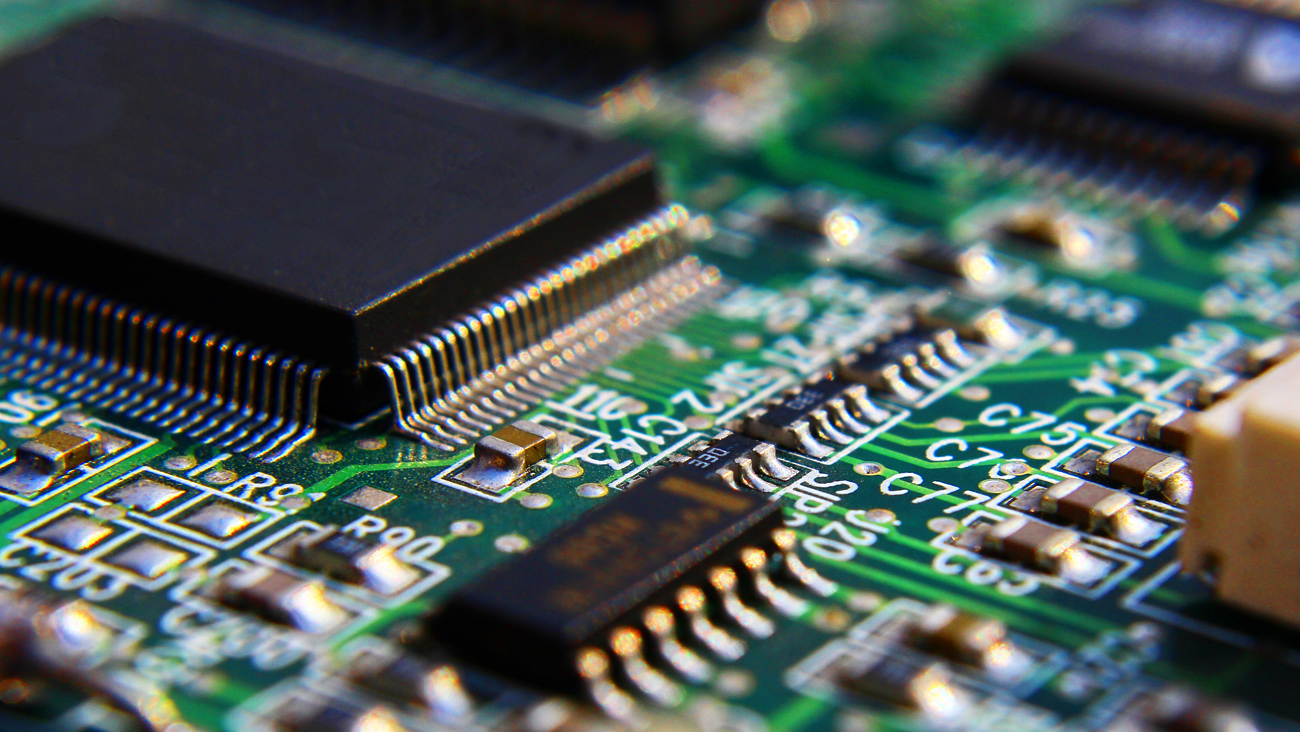
Freed from the Dangers of Chemical Etching, Universities Give Students the Chance to Explore PCB Design
Challenge:
In the world of circuit board design, it’s often difficult to strike a balance between quick production times and continued product innovation. Pushing the boundaries of innovation can require multiple design iterations, resulting in numerous product runs and lengthy production schedules, especially when outsourcing prototype production. Commercial corporations have the luxury of addressing these issues by choosing to either minimize design tweaks to remain within schedule constraints, or count on product sales offsetting initial design expenses. At the university level, however, making this choice is not an option. To provide the best possible education to their students, universities must encourage innovation and experimentation.
Solution:
Increasingly, university engineering programs are turning to in-house prototyping equipment to better facilitate trial and error in student designs. LPKF® Laser & Electronics, the leading provider of rapid-printed, circuit board (PCB) prototyping equipment, counts a number of high-profile engineering schools as customers, including: Indiana University, University of Nebraska, University of New Brunswick, University of Texas El Paso, University of Washington and Western Kentucky University.
LPKF’s rapid PCB prototyping equipment reduces prototype turnaround times from days to hours, giving students the freedom to experiment with multiple design approaches and allowing professors to assign more projects throughout the term.
Results:
Bringing prototyping in-house translates into major benefits for students. Designing and testing their own PCB prototypes provides students with direct experience in real-world design scenarios, preparing them to continue fostering innovation with their future employers.
In the past, many universities have shied away from in-house prototyping because traditional chemical-etching methods are both costly and hazardous. However, LPKF’s PCB mechanical-milling technology provides a safe, chemical-free way to quickly produce fully functional circuit boards. As a result, students gain experience in all aspects of PCB design and production. In-house prototyping also saves money. According to Ralph Loya of the University of Texas El Paso, with LPKF equipment, “you can make a $1000 board for $150, which really saves students a lot of money. Also, having the machine on the premises means we can actually stop it in the middle of a process if we got something wrong, allowing us to make slight modifications.”


